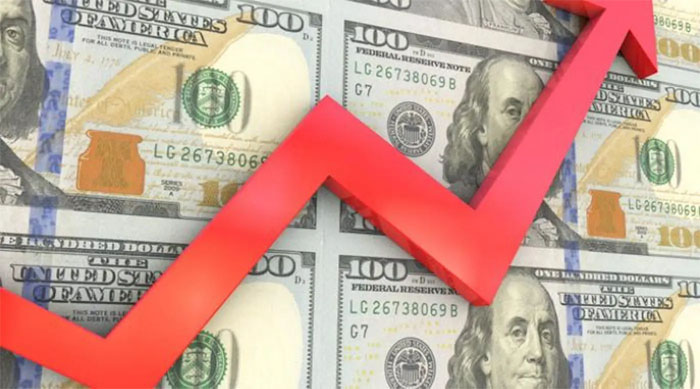(3 minutes read)
- Egyptian currency has lost 17% of its value as the inflationary spiral is evidenced in North African countries and Middle East as Ramadan days are here. But higher prices, especially for food materials are not keeping the customers away from markets
Egyptian currency has lost 17% of its value as the inflationary spiral is evidenced in North African countries and Middle East as Ramadan days are here. But higher prices, especially for food materials are not keeping the customers away from markets. They are shopping to welcome the festival coming after a long spell of the Covid-19 pandemic.
Even the Russia-Ukraine war is not casting any shadows on the people on the street. Egypt imports a large quantity of wheat from Ukraine and Russia. The war has disrupted the supply channels affecting availability. Egypt is taking concrete steps to stabilize the economy, which is https://trendsnafrica.com/egypt-to-hike-transit-fees-for-vessels-passing-through-the-suez-canal/undergoing harrowing experience. But so far, respite from the inflationary pressure has not been evidenced.
Also Read:
https://trendsnafrica.com/imf-to-lend-to-egypt-to-insulate-impact-of-russia-ukraine-war/
https://trendsnafrica.com/egypt-to-hike-transit-fees-for-vessels-passing-through-the-suez-canal/
The authorities have started implementing ways of stabilizing the economy. In the meantime, the local currency is steadily eroding its value against the US Dollar. That makes imports costlier. Some of the imported goods like food materials are price inelastic. Meanwhile, the Egyptian government has already started talks at the IMF over a new assistance package, the third in six years. Going by its track record and close affinity with the Western bloc, the country may get the loan tied over the present currency devaluation.





